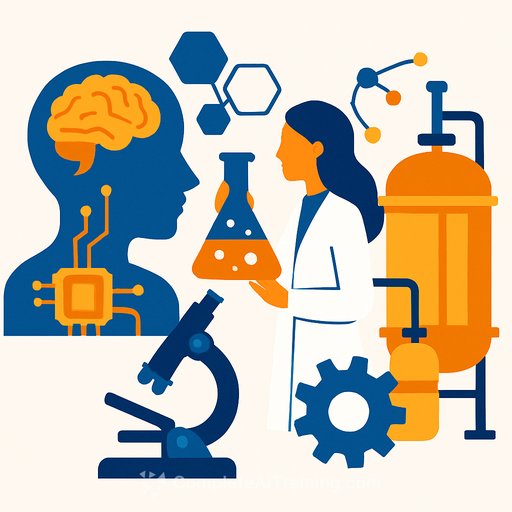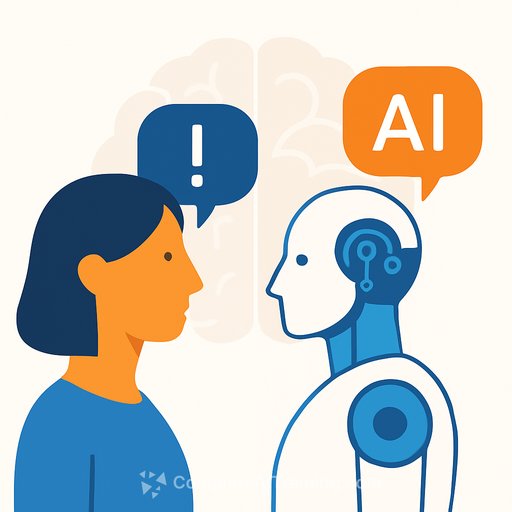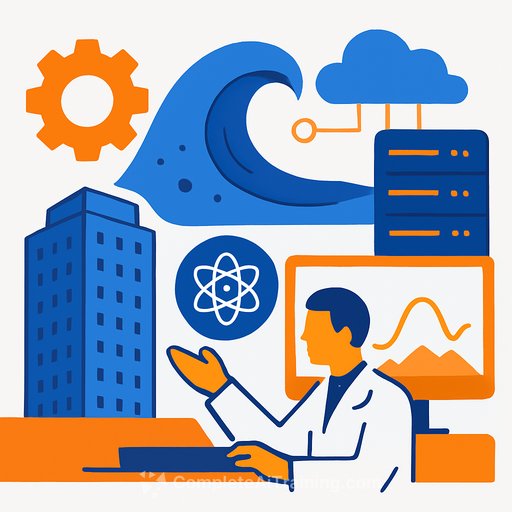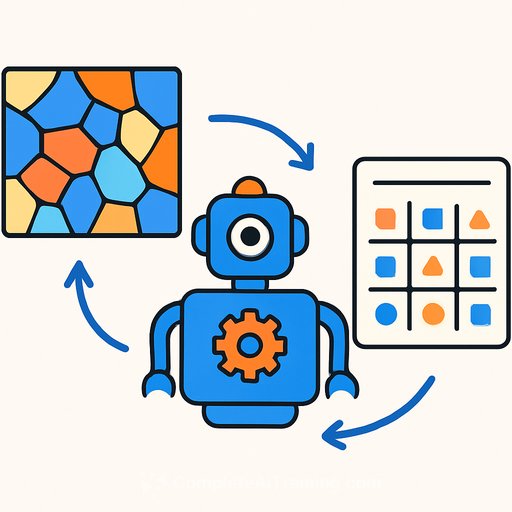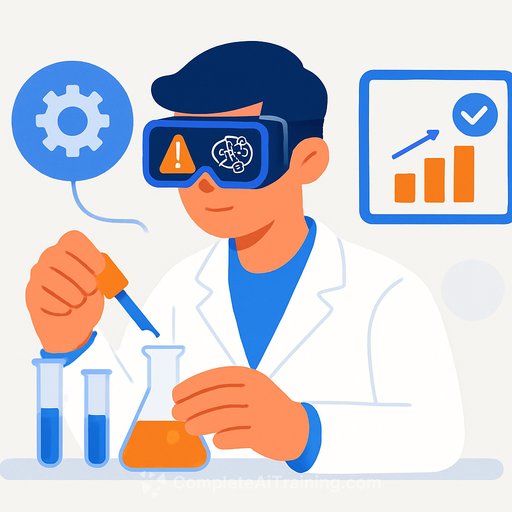AI for Science at Carnegie Mellon: From Discovery to Scaled Impact
Carnegie Mellon University is helping define how artificial intelligence changes science - from accelerating discovery to scaling new technologies. As the AI Horizons Summit brings together researchers, innovators and entrepreneurs, the focus is clear: AI-enabled science is moving from promise to practice.
Where AI Is Moving the Needle Right Now
Advances in sensing and measurement have created massive datasets across the physical and biological sciences. AI makes that data useful at scale, delivering faster analysis and better signal extraction for experiments and simulations.
This matters for energy grid optimization, materials for national security and complex systems modeling. AI is also advancing mathematics and theoretical physics by testing ideas, proposing pathways and surfacing solutions that were previously out of reach.
Combined with robotics and automation, AI compresses research cycles and strengthens outcomes that align with U.S. strategic interests. The result: more iteration, more fidelity and more actionable results per unit of time.
From Basic Discovery to Manufacturing
CMU teams are building autonomous platforms that pair high-throughput screening with AI-driven models. These systems shorten the loop between hypothesis, experiment and validated insight.
Applications include environmental health, advanced materials and energy systems - from next-generation batteries to biodefense strategies. On the manufacturing side, AI reduces the time to move from early discovery to processes that scale, while maintaining quality and reproducibility.
Expect deeper collaboration with manufacturers so that lab results become production-ready methods. The goal is a seamless handoff from discovery to deployment.
Cross-Disciplinary Momentum
CMU's strengths in machine learning, AI, data science and robotics make automation of discovery feasible, not hypothetical. Scientists in the Mellon College of Science work alongside engineers and computer scientists to turn ideas into systems that run at scale.
In chemistry, teams blend molecular simulation with machine learning to design novel compounds and speed up materials and drug discovery. In mathematics, faculty push computer-aided reasoning to help derive proofs of complex theorems. In physics, researchers at the Large Hadron Collider use automated algorithms to decide in real time which events to store from roughly 40 million 3D collision images per second. Learn more about the LHC.
The next step is infrastructure: national investment in platforms that enable advanced AI - especially large language models - to operate within research workflows under human guidance. That system will make discovery faster, smarter and more collaborative.
Why Biomanufacturing Is Growing in Pittsburgh
Pittsburgh brings together foundational science, engineering and scale-up under one regional umbrella. CMU sits at the center, translating lab breakthroughs into practical solutions with real-world traction.
Deep scientific insight drives effective biomanufacturing. By moving from basic research to deployable technologies, teams shorten the path to market and deliver benefits to society.
Partnerships with organizations such as the ARM Institute help bridge discovery and production with shared facilities, workforce development and deployment support. Explore the ARM Institute. With continued investment - especially in AI-for-discovery platforms - Pittsburgh is well-positioned to lead the next wave of biomanufacturing.
What Researchers Can Do Now
- Build closed-loop labs: integrate high-throughput screening, instrument control and model-driven experiment selection.
- Adopt human-in-the-loop LLMs for literature synthesis, experiment planning and protocol standardization, with strict provenance and validation.
- Standardize data: enforce metadata, schemas and versioning to make datasets reusable across teams and tools.
- Prototype scale-up early: co-design with manufacturing partners to reduce tech transfer friction.
- Instrument reliability: treat robots and automation as first-class lab assets with uptime, calibration and QA metrics.
- Plan compute: budget for training/inference, storage and MLOps; prioritize cost-aware architectures and model distillation.
- Compliance & security: align with data governance, biosafety and export controls from day one.
CMU's Commitment
Carnegie Mellon brings together experts across disciplines to tackle real-world challenges and create lasting impact. From advancing technology to improving lives, the university is committed to research, innovation and education that deliver meaningful outcomes for society, industry and communities.
Further Learning
Looking to upskill your team on AI for research and engineering workflows? Explore curated programs by role at Complete AI Training.
Your membership also unlocks:

